What to Look for in the Park – Summer Sights
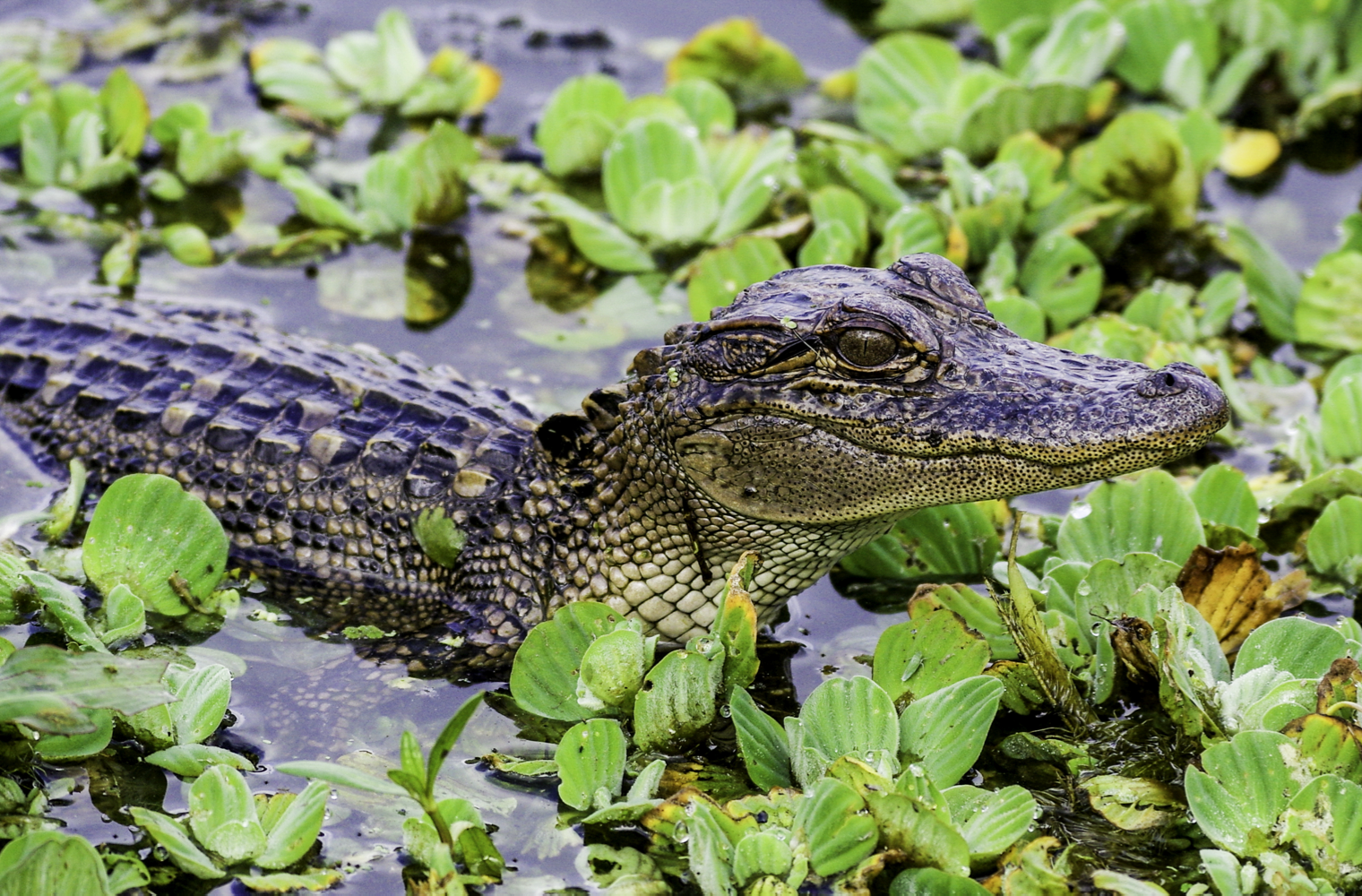
With school out and social distancing still recommended, lots of people are looking for ways to get outside and enjoy the summer months. A summer visit at Cullinan Park is a great time for picnicking, fishing and hiking the shady trails. With temperatures rising, early morning may be the best time to enjoy the park. Whenever you go, be sure to take precautions like wearing sunscreen and insect repellent and carrying water and a cell phone when out on the trails.
Birds
Birding in the summer months is all about the resident birds. White lake will have Wood Ducks, Anhingas, Yellow-Crowned Night Herons, Great and Snowy Egrets and Little Blue Herons. You are likely to see Green Herons fishing from atop bright green lily pads and Common Gallinules and the more brightly-hued Purple Gallinules walking on the floating vegetation with their long slender toes. Around the park, expect familiar birds such as Downy and Red-Bellied Woodpeckers, Carolina Wrens, Blue Jays, American Crows, White-Eyed Vireos, Northern Mockingbirds and lots of Northern Cardinals.
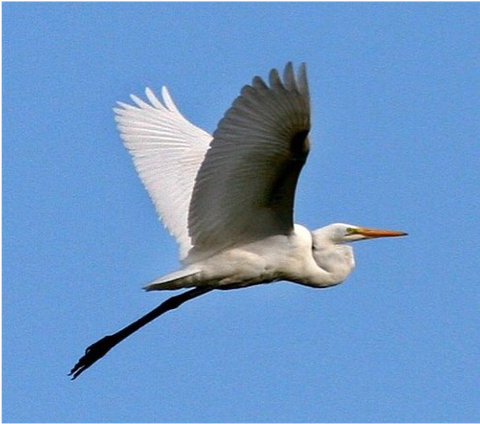 | 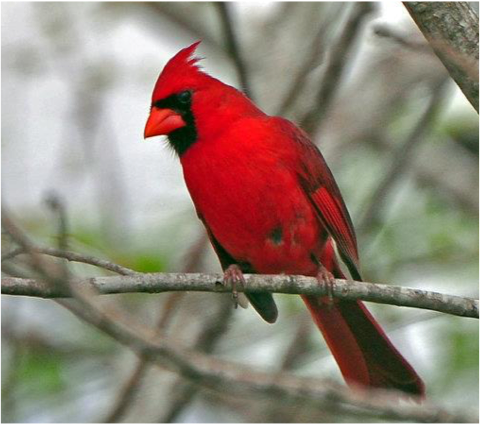 | 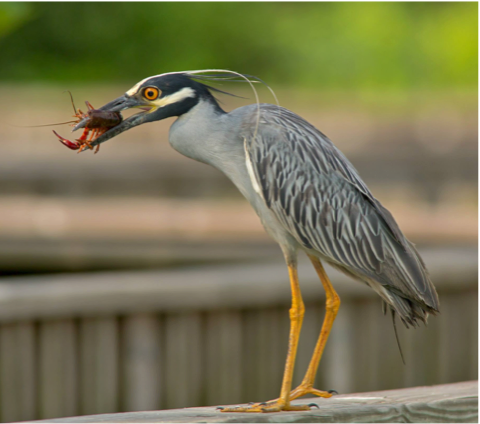 |
Alligators
For many, the most exciting thing to see at Cullinan is our resident alligators. After the American crocodile, the alligator is the largest reptile in North America. Females typically reach 6-8 feet long, and males can reach lengths of almost 16 feet.
Alligators are frequently seen in White Lake and have been quite active recently. Alligator courtship typically begins in early April, and mating occurs in May or June. Females build a mound nest of soil, vegetation, or debris and deposit an average of 32 to 46 eggs in late June or early July. Incubation requires approximately 63-68 days, and hatching occurs from mid-August through early September.
Alligators are aquatic, spending their time in or near the water. Alligators use the water to control their body temperature. During warm days they can be found lying out absorbing heat from the sun on logs and low banks. During the hottest parts of the summer the alligator spends most of its time in the water to keep cool. During cold weather alligators will stay in areas of deep water or they will excavate a den and can hold their breath for up to 12 hours or longer. During warm weather this drops to about 15 -20 minutes on average.
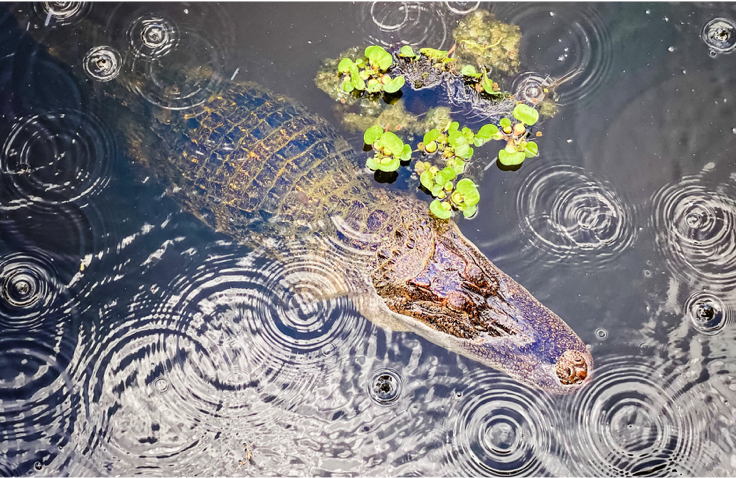 | 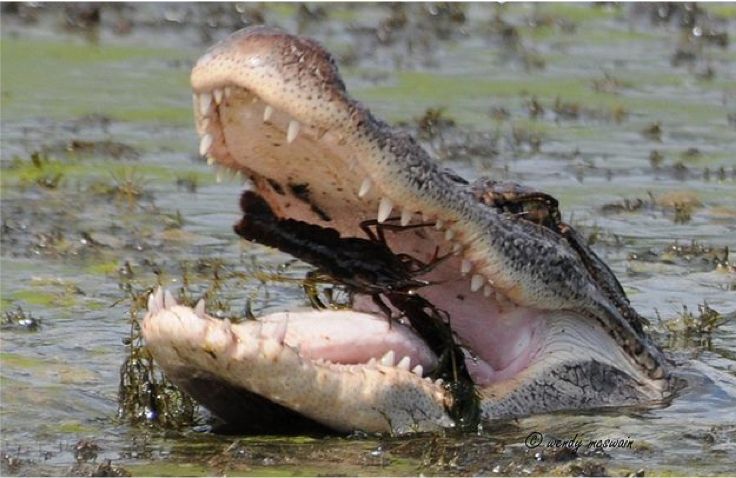 |
Rules of Alligator Etiquette
When you visit Cullinan, you are the guest in this wild habitat and should treat all wildlife with respect. All wildlife in the park is protected. Feeding, harassing, injuring or removing wildlife is prohibited.
Keep yourself and the alligators safe by following these rules of Alligator Etiquette.
• Absolutely do not feed or harass alligators.
• Although the alligators at Cullinan tend to stay in the lakes and are generally seen from our elevated boardwalk, if you should see an alligator sunning itself at the lake’s edge or near a trail, remember the alligator has the right-of-way.
• Keep a safe distance of 30 feet at all times. Do not assume the alligators are slow and sluggish. Remember they can move at speeds up to 30 mph for the first 30 feet.
• If you hook a fish, an alligator may go after your catch. Do not continue to fish near an alligator which shows interest in your fishing line or catch. Do not use a stringer for your fish; keep them in a bucket.
• If you see a pile of twigs, grasses and/or soil near the lake’s edge or side of the trail, avoid it. It could be a nest, and the mother alligator is probably close by guarding it. This also goes for any group of small alligators one foot in length or smaller. This is what we call a “pod” and they are still under the protection of their mother. Mother alligators can be very aggressive if they feel their nest or pod is in danger!
• Pets must be on a leash at all times. The leash must be no longer than 6 feet at any time. Bring water for your pet when you walk the trails. Never allow your pet to drink from or enter the lakes.
• If an alligator stands its ground and hisses, you have come too close. This is a warning! You need to slowly back away until the alligator no longer demonstrates this behavior.
